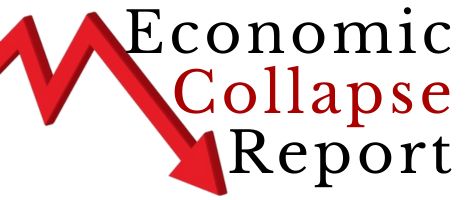Austrian economics is a scholarly tradition that consists of a body of theory that explains how an economy works. Austrian economists develop theory a priori, meaning explanations are derived logically from sound starting points (i.e., the “action axiom” to Mises). This means the theory is true and can therefore be used to uncover the actual causalities behind observable phenomena. Economics is, therefore, to “Austrians” a framework for understanding what we see.
Other traditions in economics rely on data to formulate theory, which means their theory is a set of corroborated hypotheses. They thus make a much weaker claim because the data analyzed are always a selection (a sample, not an entire population), the measures and metrics are not the actual concepts but mere proxies, and the theory is about correlations not causal relationships. Such theories are neither true nor universal.
Because it is a priori, Austrians can rely on their economic theory as a framework to interpret and understand what is going on in the economy. This is why Austrians can say without any doubt that, for example, credit expansion—an increase of the money in circulation—will cause market prices to increase if nothing else changes. However, Austrian economic theory cannot tell how quickly this happens or what exact prices will be affected to what extent. Only that this must be so.
This also means that Austrian theory is much narrower in scope than mainstream economics. Whereas the latter presumes to develop “theory” to explain anything that is related to the data at hand, such theory can and will be debunked (falsified) whenever data are collected that point in another direction. Austrians cannot and do not go beyond what can be derived logically, which means economic theory remains true, but also cannot be used to explain specific phenomena in detail or predict precise outcome magnitudes (such as “measured price inflation next year will be 4.6 percent”). Austrians do predict, but only using established causal relationships. Austrian theory disallows predictions that are quantitative or state exact times.
The Meaning of Money
As Austrian economics is theory and deductive, definitions must be clear, concise, and used consistently. It also means some phenomena that we rely on in everyday interactions that are quantitative in nature do not have unambiguous definitions. “Money” is such a concept, which is defined as that medium of exchange that is commonly accepted (i.e., universally used). Bitcoin is certainly a medium of exchange, but many things are. Bitcoin has also become much more widely used as a medium of exchange, but it is not yet money. That “many” stores accept Bitcoin as a means of payment is not quite enough and neither is that many of your friends accept it for paying what you owe. […]
— Read More: mises.org


